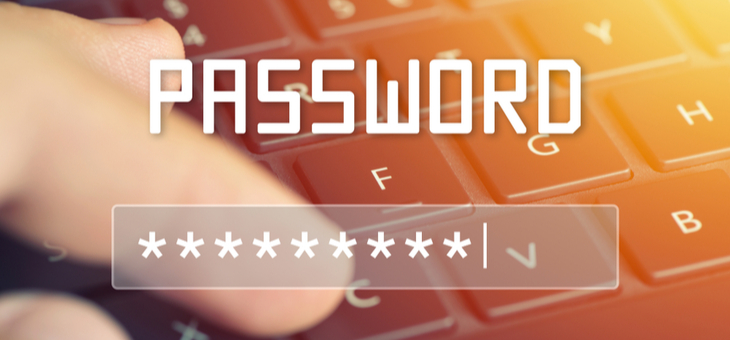We know that we are supposed to have passwords that should be changed regularly, but very few of us actually do it. Coming up with strong, varied passwords can be painful. And remembering them? Forget about it.
Most people use very weak passwords and reuse them across many ‘logins’. So how are you supposed to use strong, unique passwords for all the sites and stores and subscriptions in your system? The answer is to use a password manager.
Password managers will securely store your login information and help you to log into sites automatically. They encrypt your password database with a master password – the only one you have to remember. Or you can create your own master password. Just make sure it’s impossible to crack and whatever you do, don’t forget it!
The best password managers give you the option to sync online or keep your passwords locally. They can help you to change web passwords with a click or automatically log into sites for you. Let’s have a look at five of the better password managers around.
LastPass
While there are other free password managers available, LastPass is the only one that lets you access the app from more than one device without paying.
The free version also lets you store passwords, login info and credentials and sync it across desktop, mobile and browsers.
It works with Windows, MacOS, Linux, Android, iPhone and iPad and also has browser extensions for Chrome, Firefox, Safari, Internet Explorer, Edge and Opera.
The premium version, which costs $4.22 per month, allows you to share passwords, log-ins and memberships and other items with trusted family and friends.
1Password
This password manager is subscription only and costs $2.99 per month for the basic package, which includes unlimited passwords and 1GB of document storage. It works on apps for Mac, iOS, Windows, Android, Linux and Chrome OS.
You can use 1Password on unlimited devices and it also comes with a digital wallet, where you can securely store your credit cards and receipts and access them on any device.
It also comes with a handy travel mode that removes sensitive data from your devices when you travel and restores access with a click.
Bitwarden
Bitwarden offers a free version and you can share it with your spouse. The open source software works with Windows, MacOS, Linux, Android, iPhone and iPad and has browser extensions for Chrome, Firefox, Safari, Edge, Opera, Vivaldi, Brave and Tor Browser.
If you to pay for the premium package, which includes 1GB encrypted file storage, two-step logins and password hygiene and health reports, it only costs $US10 a year.
Dashlane
Dashlane is popular because of its easy-to-use interface, simple security, easy auto-login and form auto-fill functions. It even keeps a log of your online purchases and orders. Dashlane can also notify you if you have an account on a site that has been hacked. Its built-in password changer allows Dashlane to reset a compromised password to a newer, stronger one in seconds. You can also change all your passwords at once, should the need arise. It does come with a free version, but this is limited to just 50 passwords on one device. If you want to use more than that, you will have to pay.
Keeper
Keeper is another password service than helps you manage login info on Windows, MacOS, Android and iOS devices. A free version gives you unlimited passwords on one device but you can sync passwords across all your devices by using some of the subscription versions, which are available from as little as $1 a month.
Do you sue a password manager? Which one do you find works best for your needs?
If you enjoy our content, don’t keep it to yourself. Share our free eNews with your friends and encourage them to sign up.
Related articles:
Drones to prevent falls in elderly
Facebook privacy changes coming
Surprising microwave tricks

